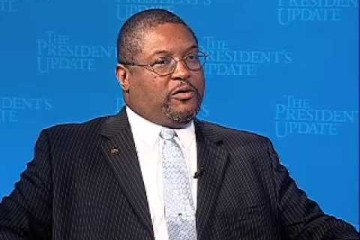No Charges Pressed in Alleged Sexual Assaults at FSU
As the first weeks of the semester draw to a close, many students are buried in their studies and homework. Frostburg State witnessed two sexual assaults within the first week of classes.
In one case, filed on Aug. 28, the victim reported a sexual assault that occurred in Gray Hall in the victim’s dorm room. The assailant was a person known by the victim. Following the assault, the victim reported the incident to University Police. The victim communicated with C3I, which began a criminal investigation. At a later point, the victim decided to halt the investigation for unknown reasons.
In the other case, filed on Aug. 29, a victim of sexual assault confided the details of their assault to an unknown third party. This third party then shared those details with a campus security authority. A campus security authority is any administrator, professor, or other individual who oversees students and has a legal responsibility to report instances of sexual assault to University Police. After receiving this report of sexual assault, University Police contacted the victim. The victim reportedly was unwilling to interact with the police, did not want a criminal investigation, and did not want to press charges.
In both of these cases, the victims decided not to press criminal charges. When it comes to sexual assault, that decision is not uncommon. Refusing to press charges keeps the victim’s and the assailant’s identity secret, which prevents the victim from becoming a target of gossip, intimidation, and bullying.
Sexual assault is one of the most under-reported crimes, according to FSU Police Chief Smith. The stigma surrounding sexual assault leaves many unheard students to bear the silent burden of being a victim. When sexual offenses are reported to the FSU Police Department, Chief Smith makes it a priority to ensure that victims are made aware of FSU’s various counseling, medical help, and support systems.
According to Chief Smith, the paradigm of how rape and sexual assault occur is outdated. Sexual assault used to be viewed through a lens where the assailant was always a stranger and the victim was always coherent. In reality, sexual assault and rape are often committed against victims by people that they know and with whom they are familiar. Likewise, sexual assault and rape often tend to occur in date-rape scenarios, meaning drugs and alcohol are involved and often inhibit the victim’s ability to actively deny consent, as well as inhibit the assailant’s ability to recognize the direct or implied lack of consent.
The Office of Gender Equity, commonly called the Title IX office, coordinates trainings to make students and faculty aware of how to handle situations that involve sexual assault. The essential component is consent. In the past, the office launched a campaign to make it clear that silence on the part of the victim never equals consent. The office also directs victims of sexual assault to appropriate psychological and medical support.
As the Title IX Office welcomes its new Coordinator, Dr. Ben Brauer, many remain concerned about how sexual assault is handled on campus. Moreover, many wonder whether the stigma that sexual assault victims face will be lifted on FSU’s campus, opening up a new discussion about rape, sexual assault, and sexual violence.



